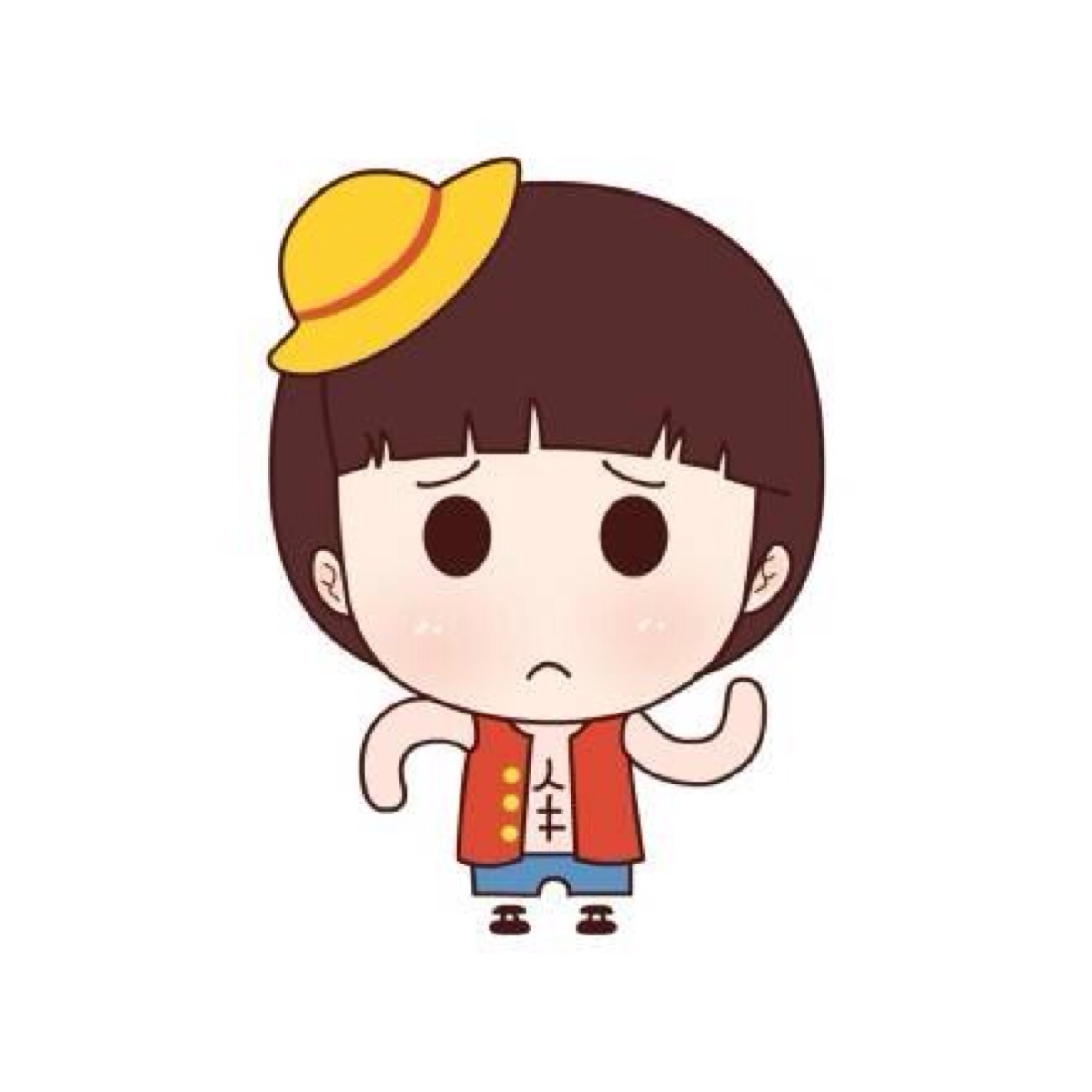- A+

阅读理解
We've all been there, running for a bus or train on a cold morning only to find that our nose is also running! Grab some tissues and learn the science behind the phenomenon known as "skier's nose."
A nose that runs like a tap in winter is business as usual for many people, especially those with chronic allergic or nonallergic rhinitis(鼻炎). It’s even got an official diagnosis: skier’s nose. Apparently, getting a runny nose when we step out into a cold winter is a bodily defense mechanism, according to Murray Grossan, MD, of the Grossan Sinus and Health Institute. That’s because the nose has two main purposes: 1) to filter bacteria so they don’t reach our lungs; 2) to warm the air before it reaches our lungs.
All you experience is the nose working overtime to produce more fluids to help move bacteria along. Dr. Grossan says to help it out, try physically to warm your nose when you come inside: “Rub your hands together, and then breathe into cupped hands or inhale steam from hot green tea and drink it, as green tea stimulates cilia(纤毛).”
Our nose runs in winter for one more purpose, which is to fight against the drier outside /inside air. “It needs to humidify the air we breathe in, which is done by the mucus and various secretions in our nasal cavity(鼻腔),” says Ehsan Ali, MD, of Beverly Hills Concierge Doctor in California. “In winter, or when it’s cold outside, the air is much drier than in the summer, which is more humid. Our noses respond by producing more secretions and mucus to help humidify the air to a level our bodies need.” When there’s a lot of fluid being produced, that’s when it starts to run out of the end of your nose.
1.According to the passage, how many purposes do the noses have?
A.1 B. 2 C. 3 D. 4
2.Who will probably get runny nose?
A. A person who is standing outside in winter.
B. A person who is swimming in summer.
C. A person who is working in wet condition.
D. A person who is producing skier’s products.
3.What should we do if we have skier’s nose in winter?
A. See a doctor
B. Drink hot green tea
C. Go Skiing
D. Go fishing
答案
1~3 CAB
解析
本文为一篇说明文,详述了流鼻涕的原因
1.细节理解题 。 根据第二段最后一句“That’s because the nose has two main purposes: 1) to filter bacteria so they don’t reach our lungs; 2) to warm the air before it reaches our lungs. ”,再根据最后一段第一句“Our nose runs in winter for one more purpose, which is to fight against the drier outside /inside air”可知总共有三处用途,故选C。
2.推理判断题 。根据第四段第三句“In winter, or when it’s cold outside, the air is much drier than in the summer, which is more humid. Our noses respond by producing more secretions and mucus to help humidify the air to a level our bodies need.”可知,在寒冷的冬天户外下更易流鼻涕,故选A。
3.推理判断题。 根据第三段最后一句“Rub your hands together, and then breathe into cupped hands or inhale steam from hot green tea and drink it, as green tea stimulates cilia(纤毛)”可知,喝杯热绿茶,可缓解流鼻涕,故选B。
词汇累计
grab[ɡr?b] vt. 拿起,攫取;霸占;将…深深吸引
chronic[?kr?n?k] adj. 慢性的;长期的
inhale[?n?he?l] vt. 吸入
secretion[s??kri??n] n. 分泌;分泌物
humidify[hj?'m?d?fa?] vt. 使潮湿;使湿润
句法剖析
1. Apparently, getting a runny nose when we step out into a cold winter is a bodily defense mechanism, according to Murray Grossan, MD, of the Grossan Sinus and Health Institute.
句意:
根据Grossan Sinus and Health Institute的医学博士默里·格桑的说法,显然,当我们在寒冷的冬天出门时流鼻涕是身体的一种防御机制。
此句中含有when引导的时间状语从句,其中动名词短语getting a runny nose作主句中的主语,介词短语of the Grossan Sinus and Health Institute作后置定语,修饰Murray Grossan, MD。
2. It needs to humidify the air we breathe in, which is done by the mucus and various secretions in our nasal cavity(鼻腔)
句意:
它需要我们呼吸的空气来加湿处理,这是由鼻腔中的黏液和各种分泌物来完成。
此句中含有省略关系词that/which的定语从句,修饰先行词air,关系词在从句中作宾语,which引导一个非限制性定语从句,修饰前面整句话。
期待小可爱们在下方留言“每日打卡”,
让我看到你们的坚持!
英语资源合集
资源合集: &
歌曲TED: & 演讲
电影纪录片: &
英语教学:
开心英语: &
Notice: The content above (including the pictures and videos if any) is uploaded and posted by a user of NetEase Hao, which is a social media platform and only provides information storage services.




